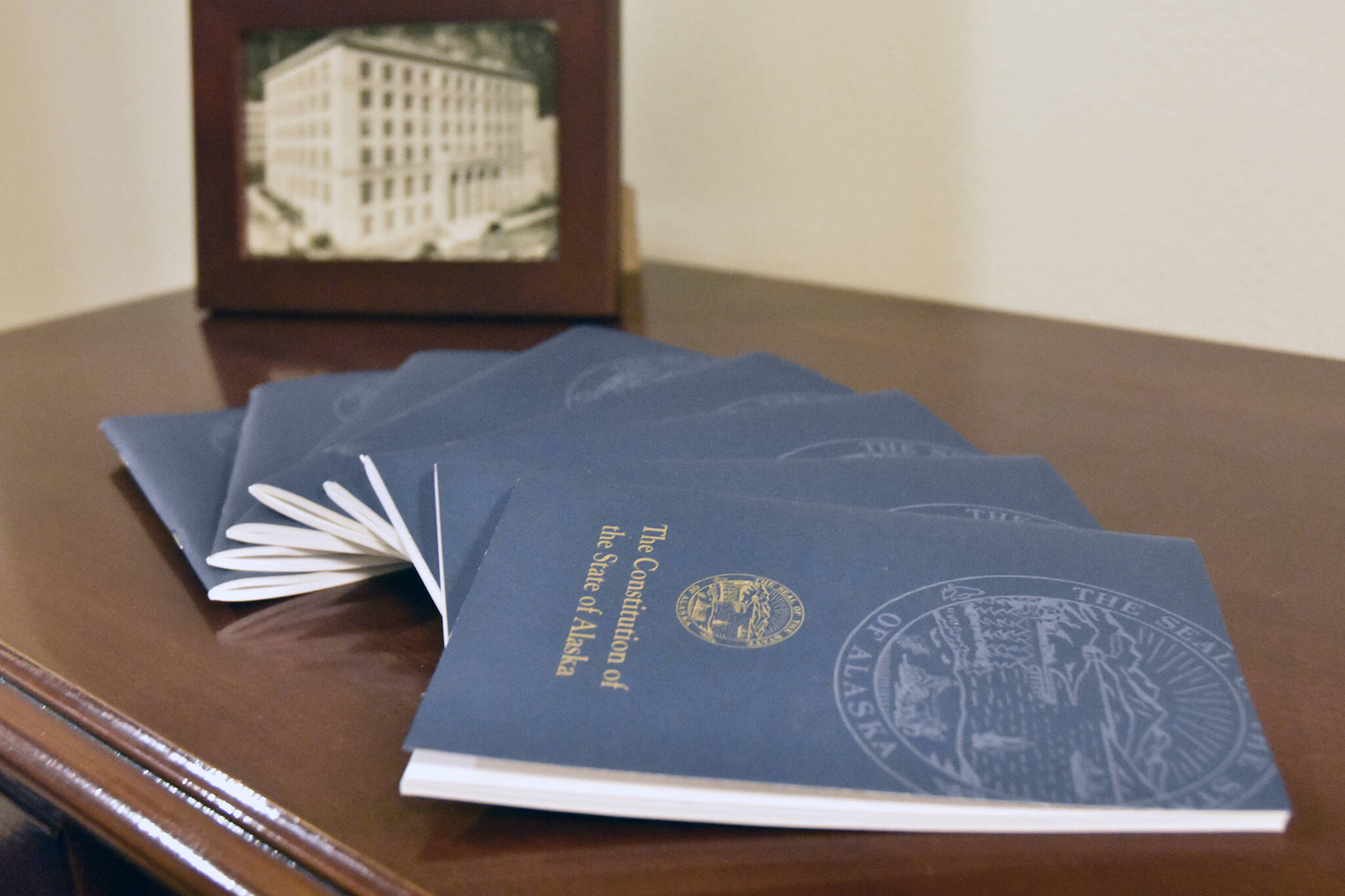Congratulations are due to Defend Our Constitution for its $3 million campaign against calling an Alaskan constitutional convention, which is on the ballot Nov. 8.
It has run a brilliant no campaign by artfully turning its disadvantages into advantages. Consider these examples:
Alaska’s framers designed the convention process to be a mechanism to bypass the legislature’s gatekeeping power over constitutional amendment. Therefore, a convention’s natural enemies include incumbent legislators and special interest groups that, by definition, excel at influencing the legislature. The no campaign has effectively portrayed the coalition of these insider interests as broadly representative and bipartisan as opposed to protecting entrenched power.
As of Oct. 10, the no campaign had more than a 100:1 advantage in fundraising yet has effectively portrayed the yes campaign as advocating for special interest groups. If the no campaign’s who’s who of special interest donors would have benefitted from a convention, they should have supported rather than overwhelmingly opposed one.
The no campaign has persistently claimed that a convention would be dominated by outside special interests. Yet 87% of its money has come from DC-based organizations, including the National Education Association (28%) and Sixteen Thirty Fund (67%, a dark money organization led by a former top NEA operative). Meanwhile, it has not been able to provide even a single example of a yes campaign that received any money from outside interests, let alone the eyepopping amounts no campaigns have routinely received.
The no campaign portrays itself as an advocate of popular rule, yet routinely disparages voters’ capacity to vote in their own self-interest. Consider Planned Parenthood, which has a long-term you-scratch-my-back-I’ll-scratch-your-back alliance with the lead organizer and financier of the no campaign, the NEA. It claims: “Extremist lawmakers want to use the Constitutional Convention to eliminate Alaska’s right to abortion…. Nearly 80% [of Alaskan voters] say they would have doubts about a law that bans abortion care. But a Constitutional Convention could do just that….” Yet it doesn’t explain why Alaskan voters would ratify a highly salient proposal they overwhelmingly oppose. The same is true with other highly popular and salient rights, including gun rights, the no campaign claims a convention would threaten.
All political campaigns seek to portray their opponents as extremists, but the no campaign has executed this strategy exceptionally well. Consider the Lt. Governor’s secret solicitation and selection of the yes campaign’s statement for the election pamphlet his office mailed to every Alaskan voter on Oct. 10. The author he picked for that statement represented a political party supported by only 3% of Alaska’s registered voters. The Lt. Governor thus single-handedly and using government monies made that individual and his unpopular political party the face of the yes campaign for Alaska’s media as well as a mailer the no campaign apparently mailed to every Alaskan household during the last week in October. Just as the national Democratic Party this election cycle spent tens of millions of dollars helping the most extreme Republican U.S. Senate candidates win Republican primaries in the expectation that Democrats would more easily beat them in the general election, the no campaign has used its immense resources to promote the most unpopular individuals and causes as the face of the yes campaign.
Seeking to undermine the argument that a convention is a legislature-bypass mechanisms, the no campaign routinely claims that sitting legislators would successfully win election to a convention because of greater name recognition. But they don’t support this claim with evidence from the 14 states, including Alaska, with the periodic convention referendum. The reality is that sitting legislators rarely run for delegate and often lose when they do. The explanation: it is hard to simultaneously run for and serve as legislator and delegate; the public doesn’t like electing sitting legislators to serve as delegates because doing so undermines the purpose of a convention; and legislators don’t like to lose elections so rarely run for delegate. Most telling is that legislatures overwhelming oppose conventions because conventions are designed to be independent of their control.
Perhaps most brilliant is Defend Our Constitution’s name because its arguments have undermined constitutional democracy. Constitutional democracy is based on the premise that there must not only be law but a lawmaking entity higher than the legislature. In a constitutional democracy, that higher lawmaking entity is the people, which is given the exclusive power to ratify constitutional change. But by arguing that the people shouldn’t be trusted with that ratification power, Defend Our Democracy has essentially been attacking constitutional democracy, which is the foundation of our entire system of government.
Defend Our Constitution has brilliantly argued that a convention would necessarily be part of the problem, not the solution. But Alaska’s framers had good reason for believing otherwise, which is why they mandated the convention referendum be on the Nov. 8 ballot.
• J.H. Snider edits The Alaska State Constitutional Convention Clearinghouse and writes about the most difficult democratic reform problems. Columns, My Turns and Letters to the Editor represent the view of the author, not the view of the Juneau Empire. Have something to say? Here’s how to submit a My Turn or letter.

